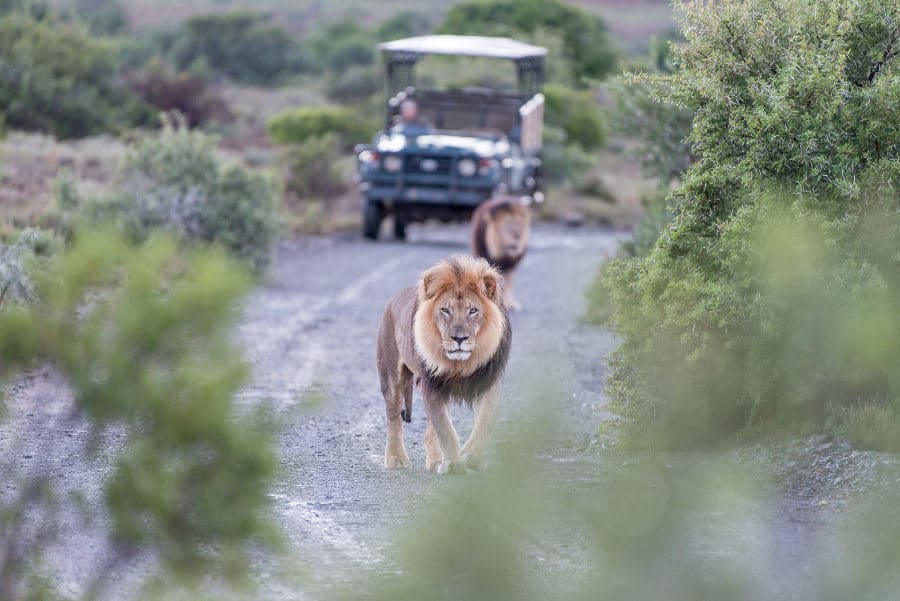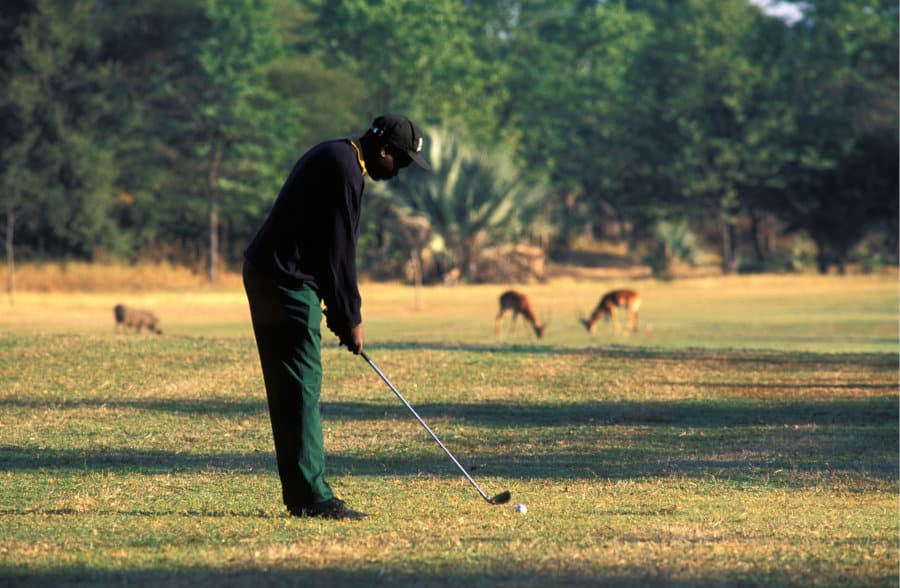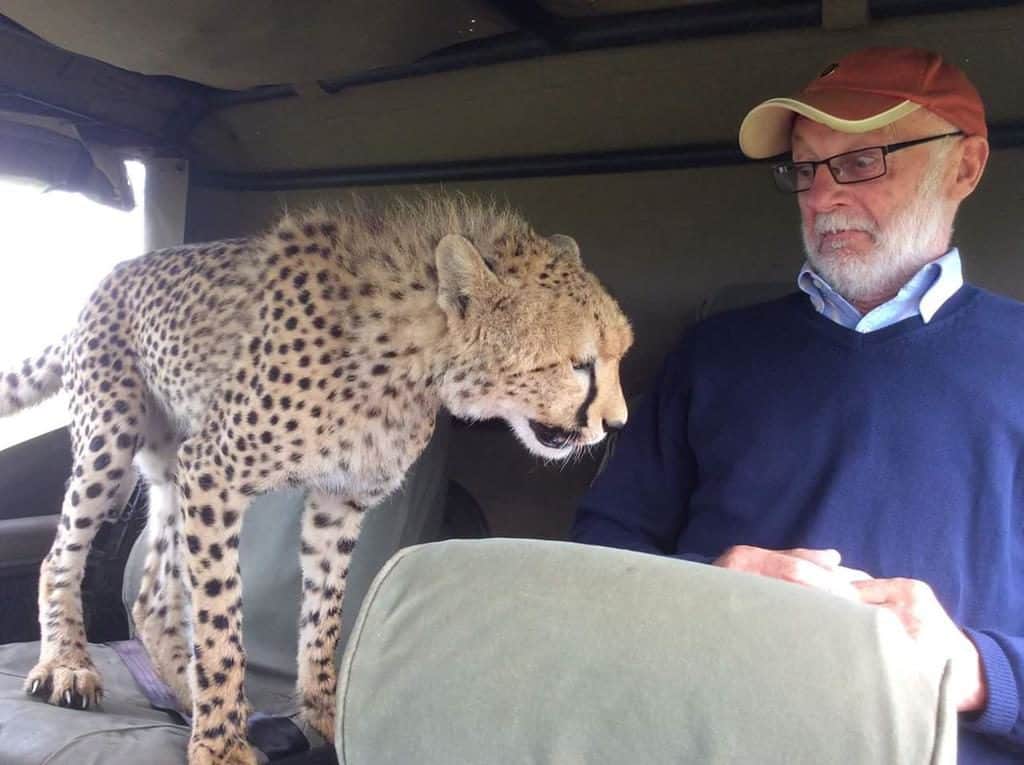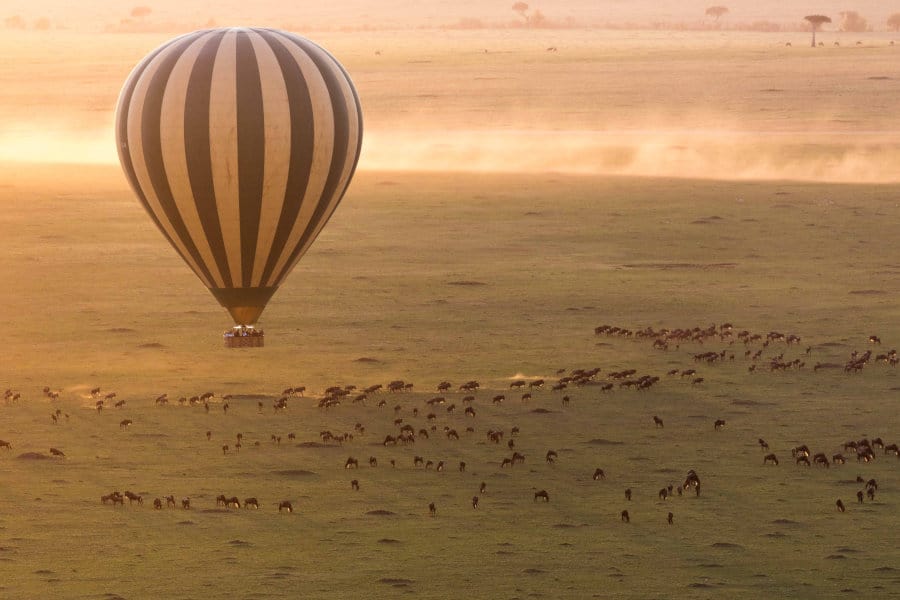In recent years, safari holidays have become extremely popular, contributing to a surge in South Africa’s tourism industry.
With many animal species entering the endangered list or becoming completely extinct, more and more people want to witness these rare and beautiful animals in their natural habitat. And safari holidays offer them this exact opportunity.
Understanding African safari history will make your next trip to the bush all the more enriching. Whether you go visit the Big Five in Kruger National Park, or watch the sunset in the plains of Kenya, here’s the backstory to add to your experience.
Safari Origin – What the Word Means
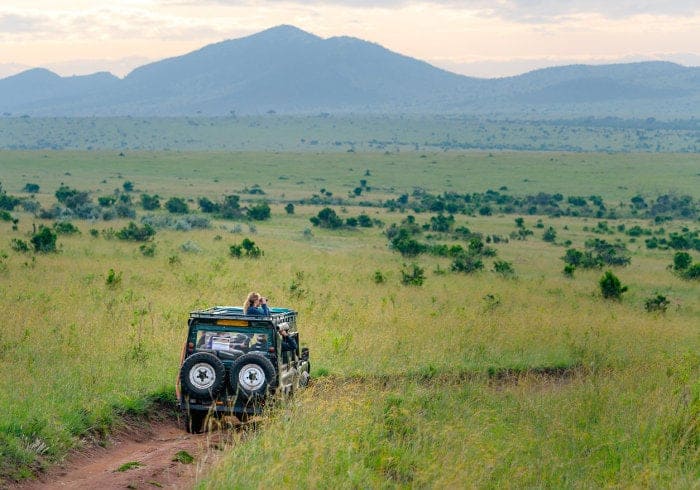
The word ‘safari’ entered the English language in the 19th century, and means ‘long journey’ in Swahili. This couldn’t be more accurate, as some game drives can go on for hours to ensure that travelers experience these rare animals at all times of the day.
As a side note, the Swahili language is quite beautiful, especially when describing African wildlife.
Safaris were originally used for big game hunting. But due to many of these animals now being on the endangered list, these hunting safaris are thankfully becoming less and less common.
In 1836, the English military engineer and hunter William Cornwallis Harris led an expedition across South Africa which lasted a year. Beginning in Cape Town, Harris and his team of explorers journeyed to Grahamstown and the Kalahari. It was here that he encountered his first sable antelope.
Harris seemed to start a trend with his voyage because now safari holidays in Africa are on the bucket list of nature-lovers around the world.
What is a Safari?
A safari is an overland journey, embarked upon by a group of people who wish to observe animals in their natural environment. It’s a brilliant opportunity for budding photographers to capture rare and opportune moments of some of the world’s most exotic and enchanting animals.
History of the South African Safari
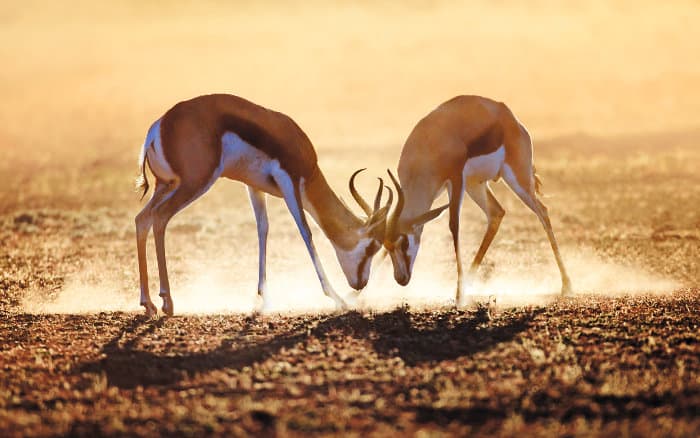
South African safaris are particularly popular and boast the possibility of meeting the Big Five (and the Ugly Five). Consisting of the lion, leopard, elephant, rhino, and buffalo, witnessing the Big Five in person is a once in a lifetime experience.
Today, South African safaris are famed around the world for their rich wildlife, top-notch lodges, and pleasant weather. When visiting South Africa, safari is accessible for all types of travelers. But it wasn’t always this way.
The middle of the 19th century brought missionaries, explorers, and adventurers to the African landscape. Hollywood screens exploded with romantic ideas of what it meant to explore the African continent with a safari holiday.
The first expeditions called “safari” in South Africa were hunting expeditions. Travelers paid large amounts of money to enjoy a “long journey” in the wild. During this time they would live comfortably, served by locals who were familiar with the lay of the land.
The world had discovered the beauty of Africa.
East African Safari History
There’s no doubt that South Africa is one of the best places to visit on safari. But it’s the East of Africa that has been dubbed the “land of the original safari”.
African safari holidays in Kenya offer a truly authentic experience. With a similar history and development as South Africa, the East African safari landscape experienced a new boom when vehicles arrived in the area.
When trophy hunting started putting a strain on the landscape and wildlife, photographic and game-watching safari became more popular. However, the impact had already occurred and this inspired the creation of game reserves as an effort for conservation.
By the 1960s, the transition was complete and an African safari holiday no longer meant hunting. Game-watching was the new normal.
Modern-Day Luxury Safari Holidays
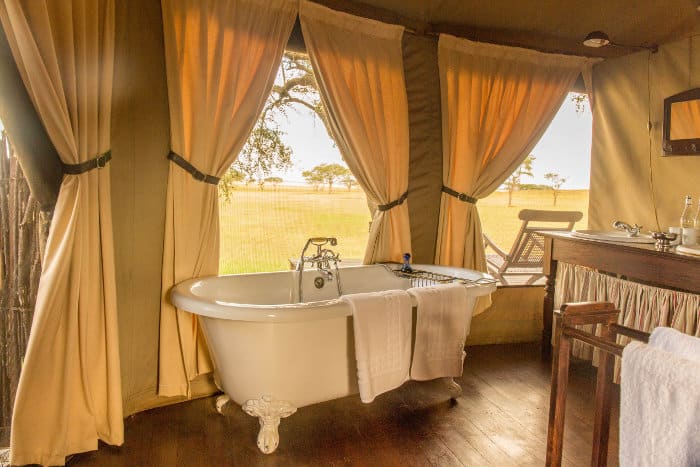
The popularity of safari holidays in Africa has boomed and evolved since the mid-1900s. Safari has become more accessible to a variety of people, and there’s a wider range of options available.
It has become increasingly common to blend outdoor adventure with modern-day luxury. With many South Africa safari lodges offering guests the chance to embark upon daily game drives and also relax in luxurious accommodations.
This style of holiday is the ultimate blend of old and new, where travelers can experience the pleasures of days gone by whilst appreciating the decadence of modern-day comforts.
Oceana Beach and Wildlife Reserve is a prime example of luxury safari living, as they offer both game drives and spa services. So, if you thought a safari holiday would be all rough and tumble – think again.
The Future of South African Safari Holidays
With a better understanding of the history of safari, the present becomes more enjoyable. But what about the future of safari?
Before you book your next safari, make sure that you do your research on the conservation and preservation practices of the lodge and reserve. In order to ensure the longevity and sustainability of African wildlife, conservation needs to be front-of-mind today.
Book Your Own Safari Holiday in South Africa (and Beyond)
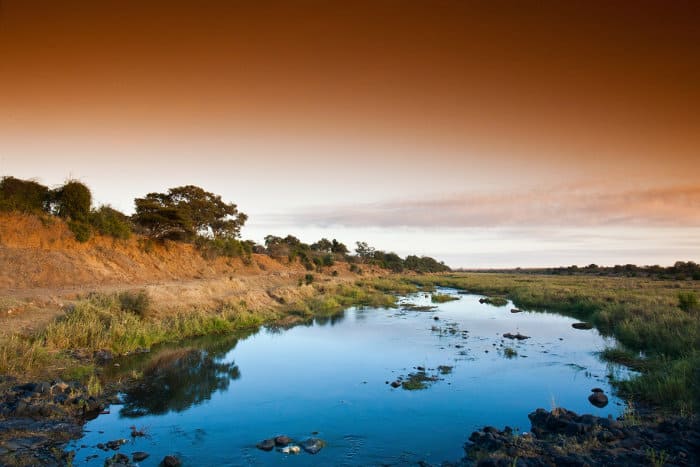
A safari has so much to offer, including sights, sounds, and unforgettable experiences. Over the years the nature of game drives may have changed, but the essence is still the same. At the very least, travelers can expect to marvel at breathtaking nature.
With a bounty of plush South African safari lodges to choose from, lovers of luxury will have no problem easing into the safari way of life. And with a newfound understanding of the colorful history of safari, the experience becomes all the more enjoyable.
Tick off an experience that is no doubt on your bucket list by booking your tailor-made safari. No matter your budget or preferences, you can find a fantastic wildlife experience.
